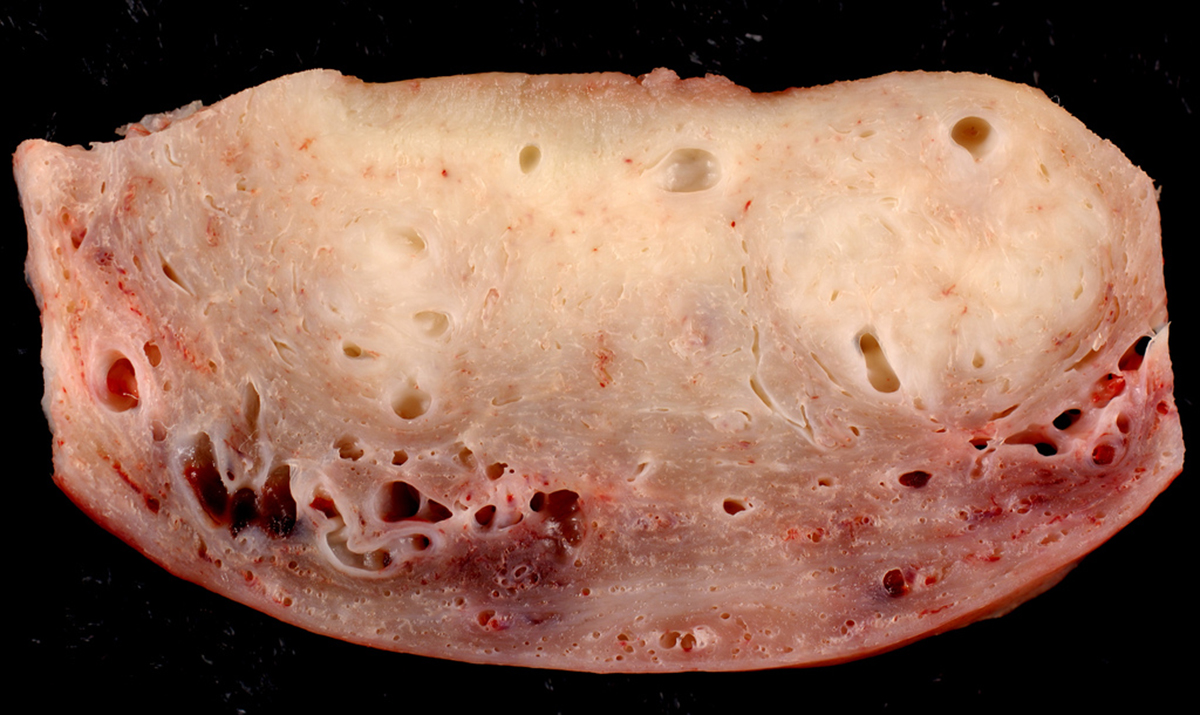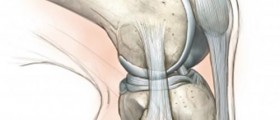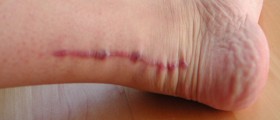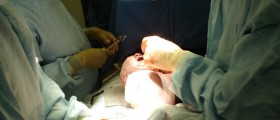
Vaginal Hysterectomy - General Info
Vaginal hysterectomy is a surgical removal of the uterus through the vagina. Even though this is also considered an invasive surgery patients are not kept in the hospital for many days as it is the case in abdominal hysterectomy.
Vaginal hysterectomy is a treatment option for many gynecological illnesses. It is commonly performed in women suffering from fibroid tumors, endometriosis, gynecological cancer, uterine prolapsed, abnormal vaginal bleeding and chronic pelvic pain.
Recovery Time after Vaginal Hysterectomy
The actual length of recovery after hysterectomy depends on several factors. The most significant factor that determines the length of the recovery is the type of surgery. Recovery after vaginal hysterectomy is much shorter comparing to abdominal hysterectomy.
Women who have undergone vaginal hysterectomy do not spend too much time in the operating room and the hospital. If there are no complications a woman may return to everyday activities within 2 to 3 weeks.
Within 24 hours after the surgery an operated woman requires other person's assistance and is able to walk only short distances. Rehabilitation starts the second day after the procedure. At that time a woman begins with gentle and supervised movement. After being discharged a woman may start with the second stage of her rehabilitation. This is the best period for a woman to begin with light exercises. These exercises must not put too much pressure and strain the back or pelvic area. Lifting and high impact exercises are strictly forbidden. A woman's diet must be rich in all the essential nutrients and if there is a need she may also take some vitamin supplements. Proper hydration is also essential for an adequate recovery.
Pain right after the surgery and several days after a patient is discharged from the hospital may be alleviated with pain relieving medications.
Hysterectomy normally induces menopause. Hence the operated woman can consult her gynecologist who may recommend hormone replacement therapy or the other treatments for the symptoms of menopause. A woman must abstain from using tampons. One more restriction is connected with sexual intercourse. Namely, during the recovery time sexual intercourse is forbidden.
Any problem such as nausea, dizziness, fever, extreme and prolonged fatigue, excessive bleeding, pain in the back, thighs or abdomen as well as leaking from the sutures must be reported at once since they point to the presence of certain complications.
The operated woman is able to return to everyday activities after three weeks and she is due to follow all the doctor's orders.

















Your thoughts on this
Loading...